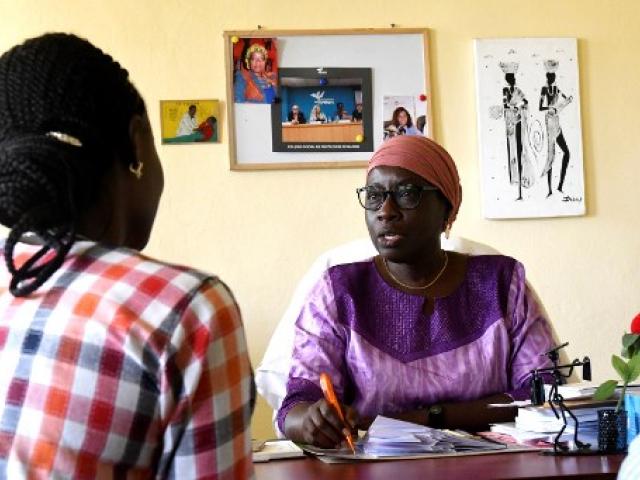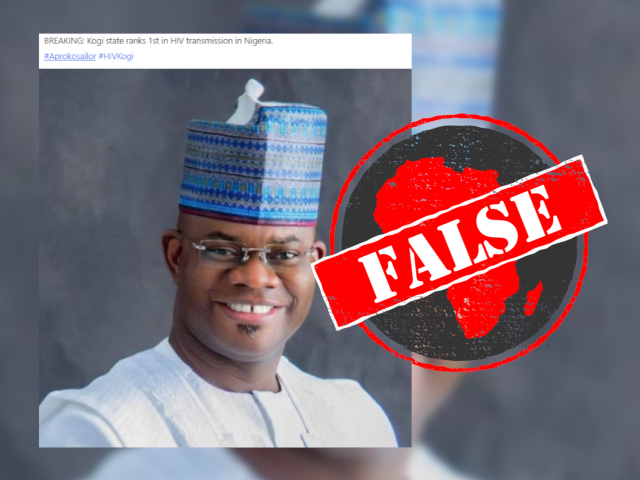Uranium has been in the spotlight in West Africa following a military coup in Niger in July 2023.
The country supplies about 5% of the world’s natural uranium, and the coup raised concerns about global supply.
The radioactive metal is the most widely used component for nuclear energy.
This is why a claim made by a politician in neighbouring Nigeria that Kogi state has the largest uranium deposit in the country caught the eye.
Online newspaper the Cable quoted Dino Melaye of the Peoples Democratic Party (PDP), a former senator and candidate for governor of the state. Melaye spoke to the media on 15 September 2023, where he made a case for how he would govern if elected.
Melaye outlined the potential changes and improvements that could be expected if he was elected governor of the state. These included the exploitation of the state's mineral resources.
At his invitation, Melaye said outside experts had mapped out 52 minerals in the state, but only one – limestone – had been exploited.
“The rest are just there – we have uranium. We have the largest deposit of uranium in Nigeria.”
But did the politician get his facts straight about the size of Kogi’s uranium deposits?
No evidence of uranium deposits in Kogi state
Uranium exploration began in Nigeria in 1973, according to an official brief. However, challenges such as environmental concerns and technical difficulties eventually led to the suspension of uranium activities in the country.
The unregulated mining and processing of uranium poses a major risk to public health, safety and the environment through the emission of radioactive materials.
The Nigerian Nuclear Regulatory Authority (NNRA) identifies the states with uranium in Nigeria as Adamawa, Bauchi, Cross River, Kano, Plateau, and Taraba.
The authority is responsible for the licensing, inspection and enforcement of nuclear safety and radiation protection in all activities throughout the country.
Nigeria's National Bureau of Statistics published mining data by state in 2016. It listed various minerals mined in Kogi state, as well as potential minerals it might have. This did not include uranium.
A 2023 mineral resource map published by the Nigerian Geological Survey Agency also shows no evidence of uranium deposits in Kogi.
The agency collects and disseminates information about the country's rocks, minerals and groundwater resources.
Africa Check also spoke to Uriah Lar, a professor of geology at the University of Jos in north-central Nigeria, who said there were no uranium deposits in Kogi state.





Add new comment